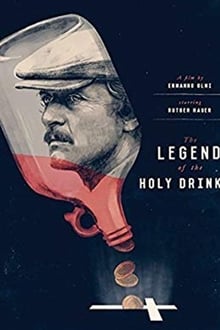
La leggenda del santo bevitore (literally “The legend of the holy drinker”) is a 1988 Italian film directed by Ermanno Olmi. It tells the story of a drunken homeless man (played by Rutger Hauer) in Paris who is lent 200 francs by a stranger as long as he promises to repay it to a local church when he can afford to; the film depicts the man’s constant frustrations as he attempts to do so. The film won the Golden Lion at the Venice Film Festival. It is based on the 1939 novella by the Austrian novelist, Joseph Roth.
You May Also Like

8-year-old Elli and her mother, Marlène, live in a small town by the French Riviera where they act out to relieve boredom and hide from social services. When Marlène caves in to yet another night of excess, she chooses to leave Elli behind for a man she just met. The young child must confront her mother’s demons in order to get her back.

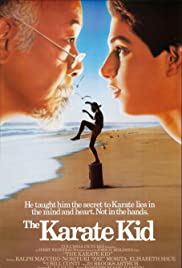
Hassled by the school bullies, Daniel LaRusso has his share of adolescent woes. Luckily, his apartment building houses a resident martial arts master: Kesuke Miyagi, who agrees to train Daniel … and ends up teaching him much more than self-defense. Armed with newfound confidence, skill and wisdom, Daniel ultimately faces off against his tormentors in this hugely popular classic underdog tale.

Simon is a sales representative about fifty. When Mickey, his cop friend, is being shot, he leaves everything to find the murderers. Two years before, Marx, an old gambler, met Frederic, a young man that does not look very smart and started to follow him everywhere (as a puppy) and changed his name to Johnny to please Marx. Of course, Simon’s story is related with Marx and Johnny’s one. But the thriller is only a pretext for a psychological description of the three main characters.
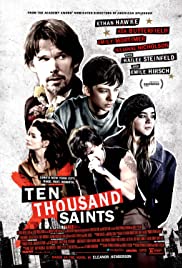
A sweeping multigenerational story set against the backdrop of the raw, roaring New York City of the late 1980s; adoption, teen pregnancy, drugs, hardcore punk rock, the unbridled optimism and reckless stupidity of the young—and old—are all major elements in this heart-aching tale of the son of diehard hippies and his strange odyssey through the extremes of late 20th century youth culture.
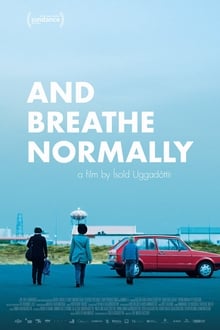
At the edge of Iceland’s Reykjanes peninsula, two women’s lives will intersect – for a brief moment – while trapped in circumstances unforeseen. Between a struggling Icelandic mother and an asylum seeker from Guinea-Bissau, a delicate bond will form as both strategize to get their lives back on track.
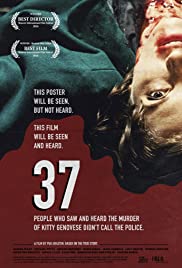
On a March night in 1964, 37 neighbors in Queens, New York, witness the brutal murder of Kitty Genovese. None of them takes action or calls the police. 37 tells the story of a few of these people and what led up to the night when they unexplainably remained passive observers. The film is a convincing portrayal of a borough in change and a time characterized by racism, the Civil Rights Movement and political shifts. The actual event that inspired the film’s plot has been called a symbol for the moment when America lost its innocence. The director Puk Grasten skillfully weaves into her feature film debut various fates, dreams and family conflicts by leading us through an apartment building that comes to bear a collective failure.

John Travolta is a downtrodden single father raising his daughter under difficult circumstances in Chicago. The young girl comes upon and then nurses a wounded Doberman used for fighting, back to health. Duped by underworld types he was working as a courier for, father and daughter leave the dog and flee cross-country to Los Angeles with both canine and mobsters in pursuit.

At 11:30pm on October 11, 1975, a ferocious troupe of young comedians and writers changed television forever. This is the story of what happened behind the scenes in the 90 minutes leading up to the first broadcast of Saturday Night Live.
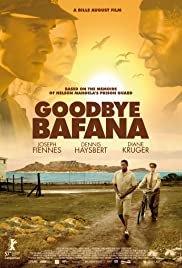
The true story of a white South African racist whose life was profoundly altered by the black prisoner he guarded for twenty years. The prisoner’s name was Nelson Mandela.